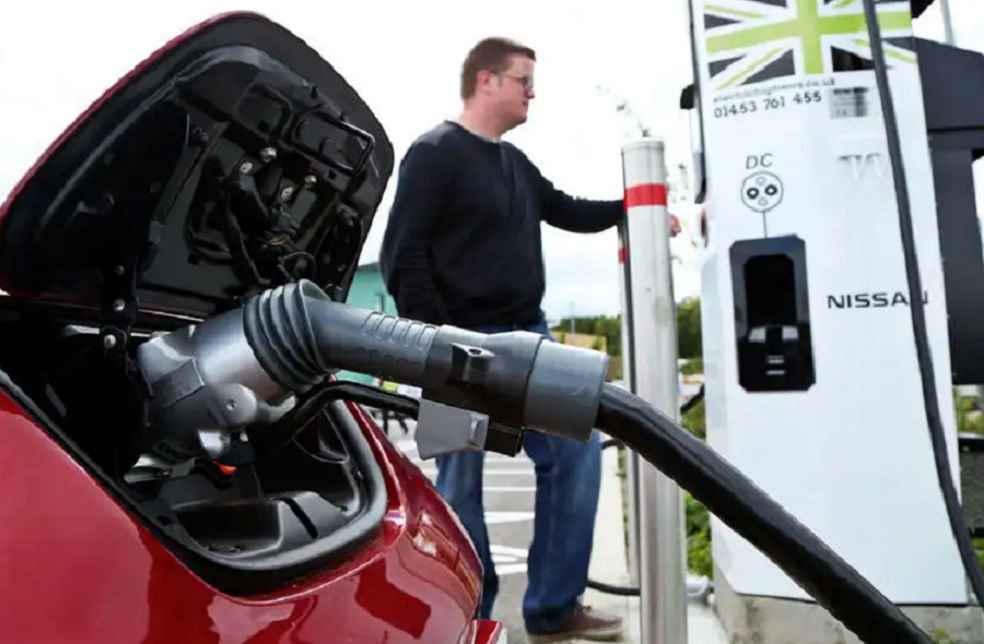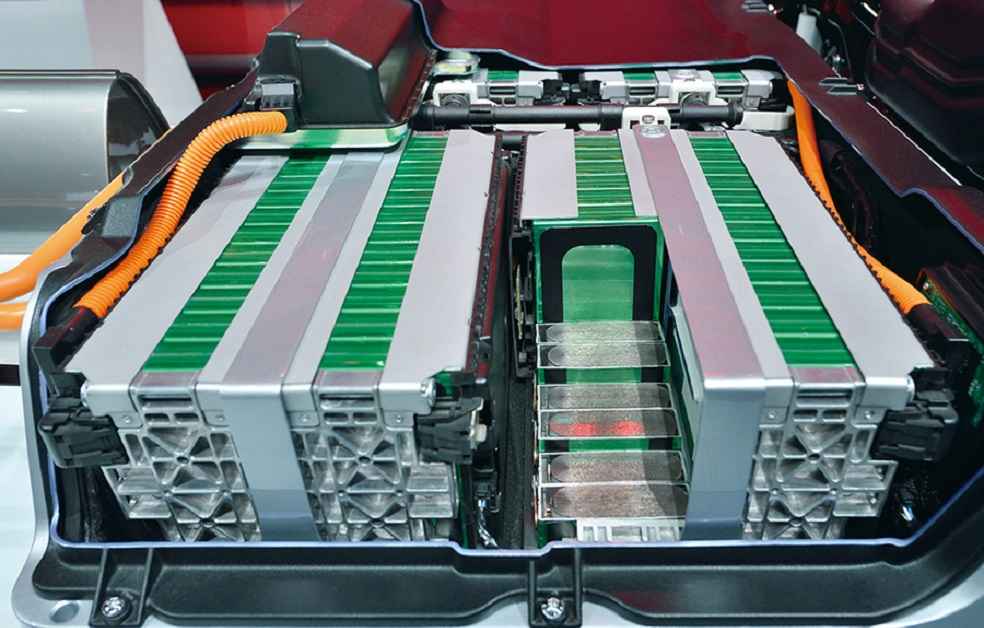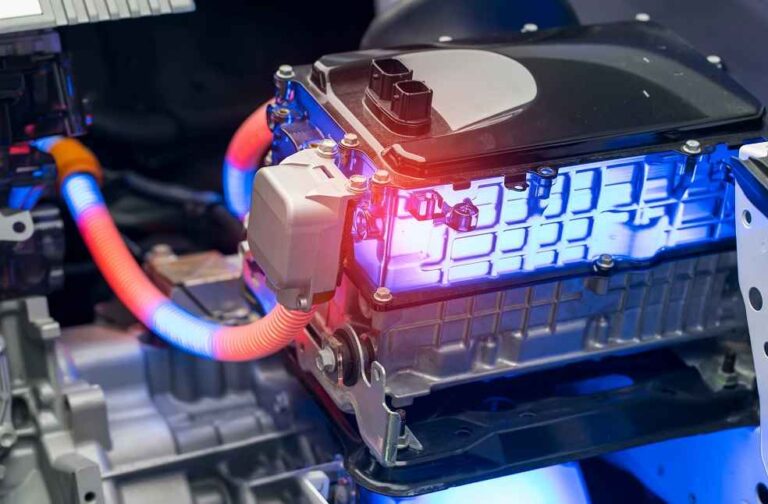The electrification of transportation has come a long way in recent years, with electric vehicles (EVs) becoming a popular choice among environmentally-conscious consumers. One of the most common concerns, however, revolves around EV battery life and longevity. In this article, we explore battery degradation, performance, and the role of scientific advancements in addressing these concerns.
Understanding EV Battery Degradation
Battery degradation refers to the gradual loss of battery capacity over time, resulting in reduced range and performance. Lithium-ion batteries, commonly used in EVs, are susceptible to degradation due to various factors, including high temperatures, frequent fast charging, and excessive discharging.
 Studies have shown that the average EV battery loses about 2.3% of its capacity annually. Under normal usage and proper care, most EV batteries can retain around 80% of their initial capacity after eight years or 100,000 miles.
Studies have shown that the average EV battery loses about 2.3% of its capacity annually. Under normal usage and proper care, most EV batteries can retain around 80% of their initial capacity after eight years or 100,000 miles.
The Role of Battery Management Systems (BMS)
A key component in preserving EV battery life is the Battery Management System (BMS). BMS monitors and controls battery performance, ensuring optimal charging and discharging rates. It also maintains the battery’s temperature within safe limits, thereby extending its lifespan.
BMS technology is continuously improving, with advanced systems offering more precise temperature control and charging management, which helps minimize battery degradation.
The Impact of Driving Habits and Charging Patterns
Driving habits and charging patterns significantly influence EV battery life. Frequent rapid charging, for example, can contribute to battery degradation. Ideally, EV owners should opt for slow or regular charging, reserving fast charging for emergencies or long trips.
 Additionally, maintaining a moderate state of charge (SOC) can also prolong battery life. It is advisable to keep the SOC between 20% and 80% to reduce stress on the battery and minimize capacity loss.
Additionally, maintaining a moderate state of charge (SOC) can also prolong battery life. It is advisable to keep the SOC between 20% and 80% to reduce stress on the battery and minimize capacity loss.
Advancements in Battery Technology
Researchers worldwide are working on improving battery technology, aiming to increase energy density, reduce costs, and improve longevity. Solid-state batteries, which use solid electrolytes instead of liquid ones, are a promising avenue for research. These batteries have the potential to offer higher energy density, better safety, and longer life spans.
Furthermore, studies on battery recycling and second-life applications for used EV batteries are gaining traction. Repurposing used EV batteries for energy storage solutions, for instance, can help reduce waste and create a more sustainable circular economy for battery materials.

Increasing Adoption of Electric Vehicles
As battery technology continues to advance, the adoption of electric vehicles is expected to increase. According to a report by BloombergNEF, EVs will account for 10% of global passenger vehicle sales by 2025, 28% by 2030, and 58% by 2040. With the growing demand for EVs, manufacturers are investing in research and development to address concerns about battery life and longevity, while governments are implementing policies to support EV adoption and infrastructure development.
By understanding battery degradation, implementing good charging practices, and keeping up with advancements in battery technology, EV owners can enjoy the benefits of sustainable transportation while maximizing the lifespan of their vehicle’s battery.





